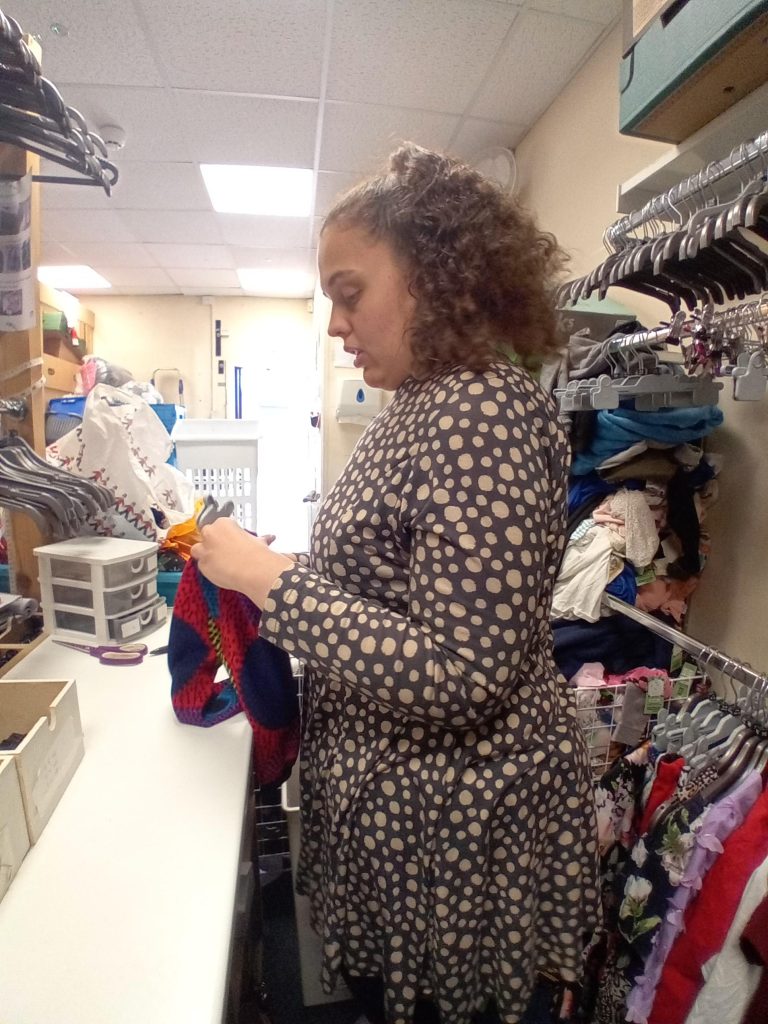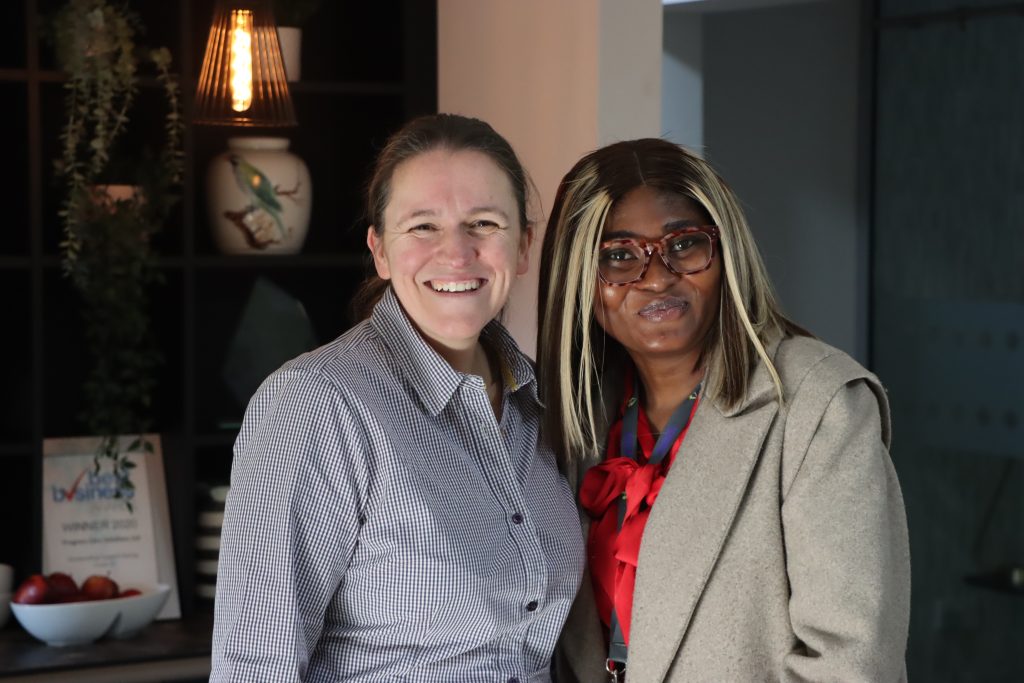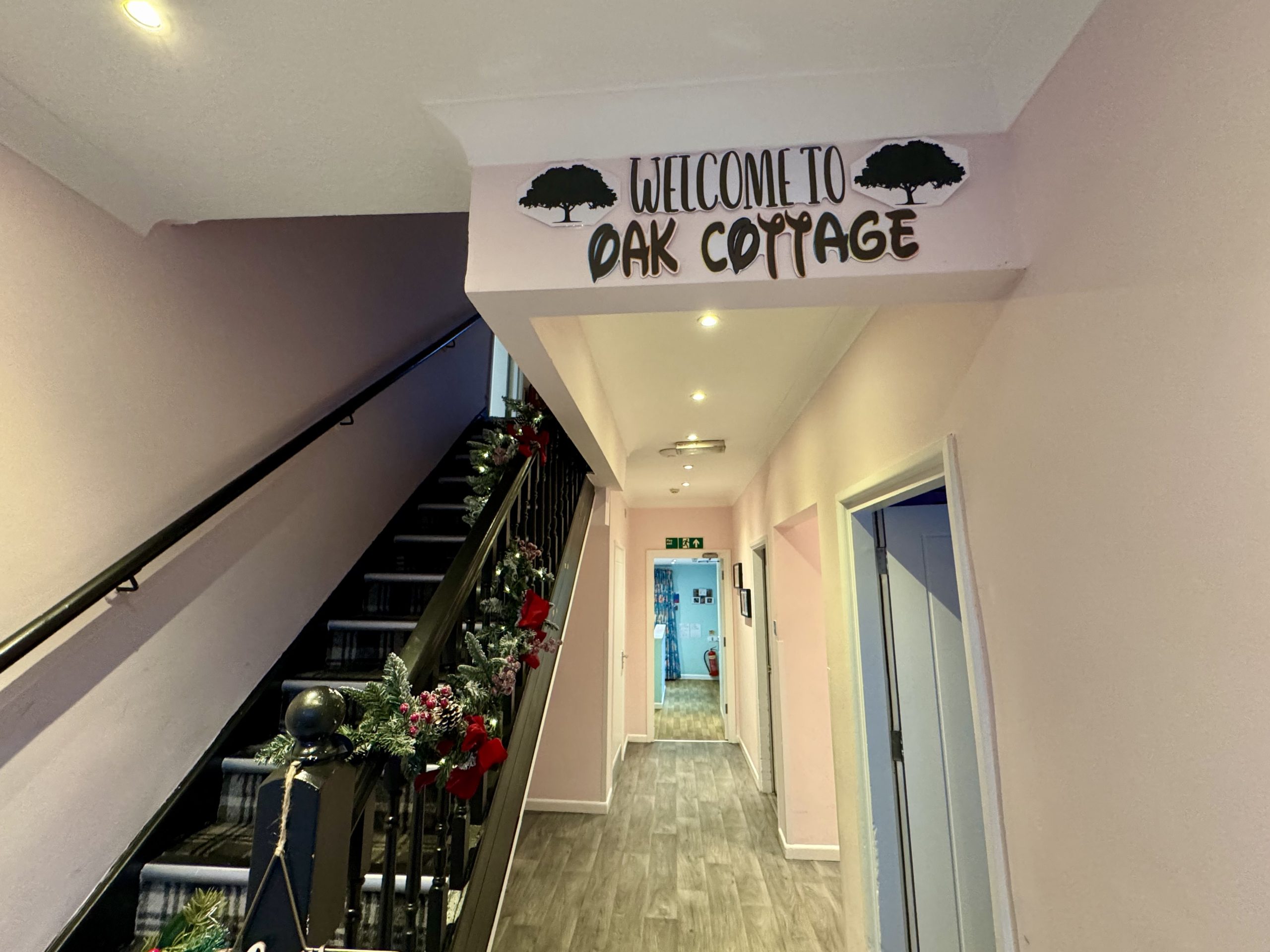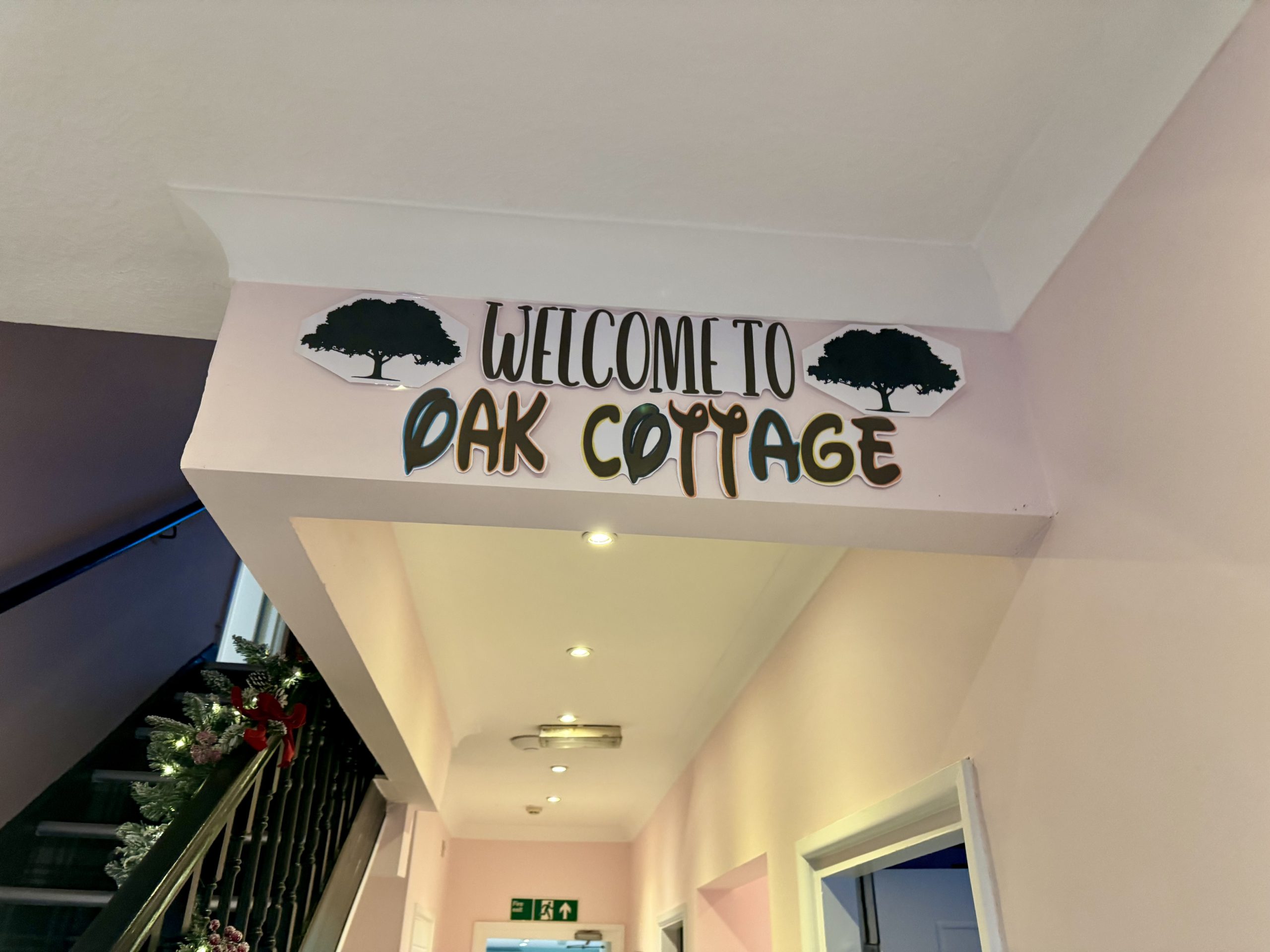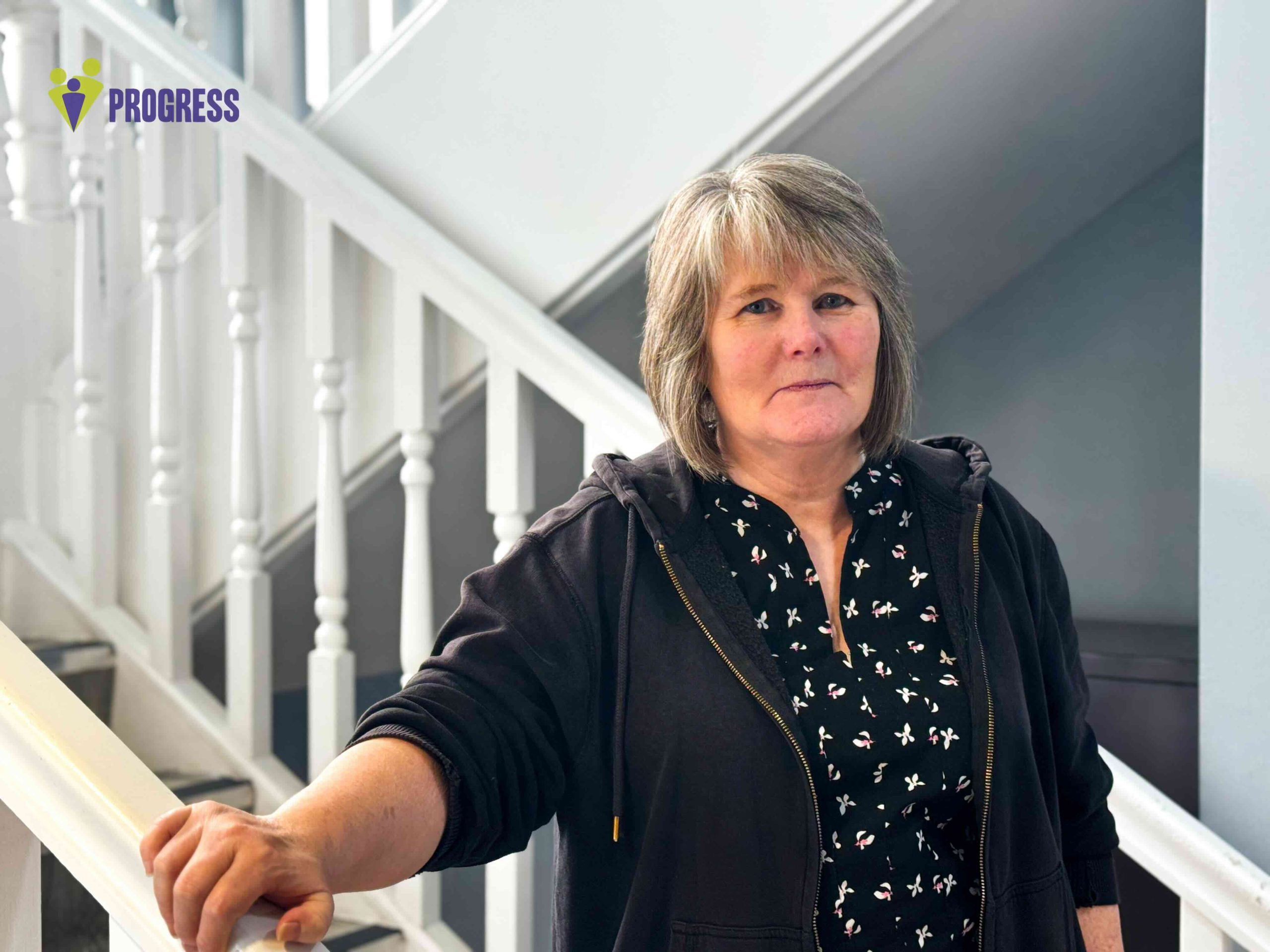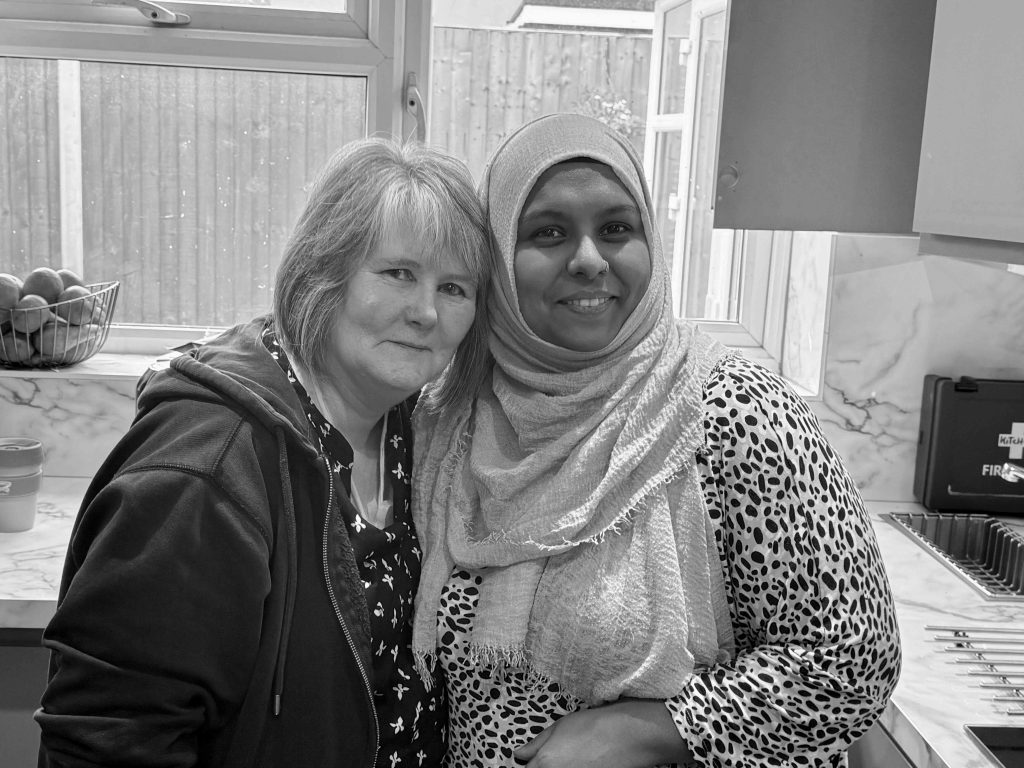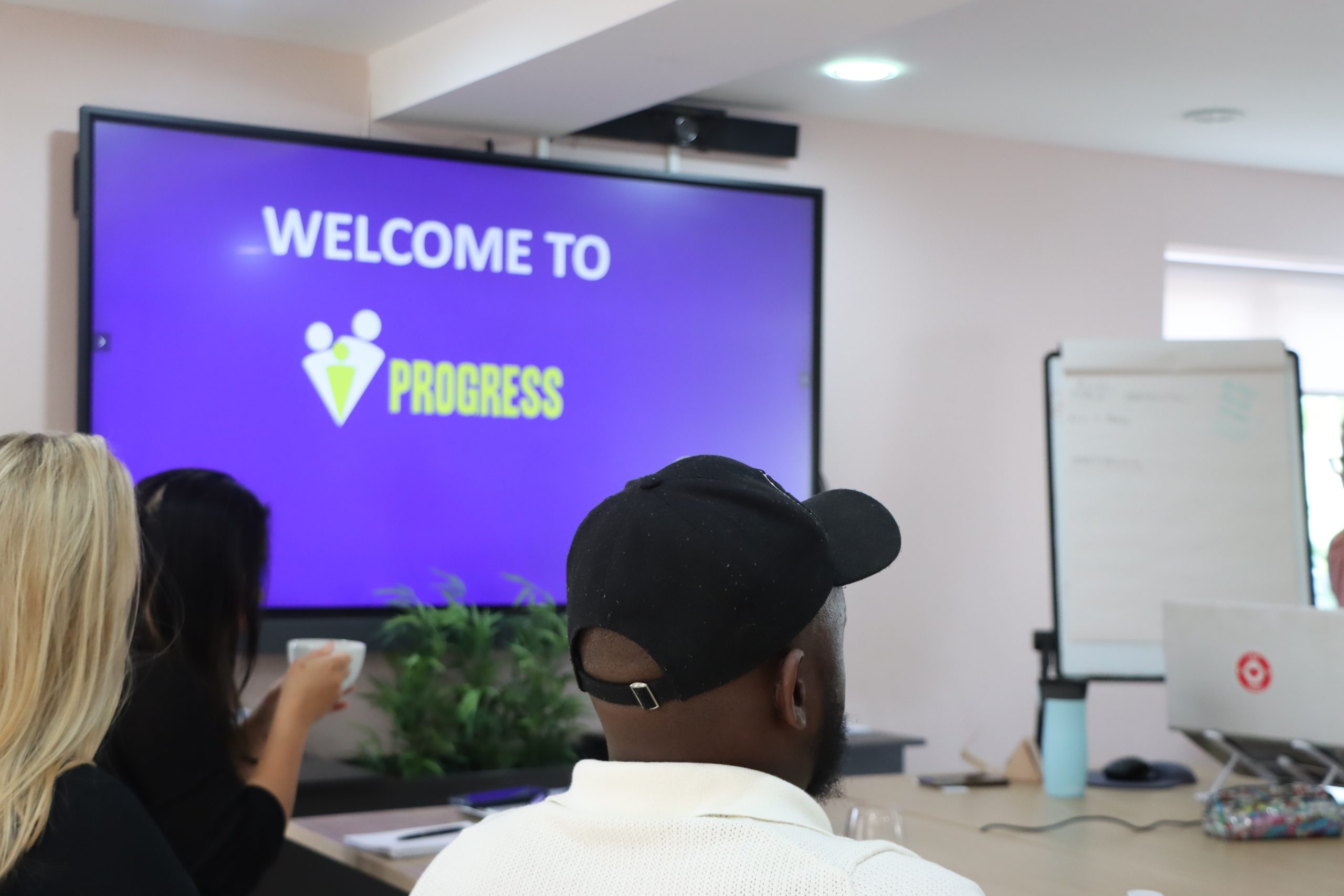“You are similar age as my son, but I don’t think my son can do what you are doing, you are a young and hardworking person.”
In the care sector where outcomes are usually measured in care plans and progress reports, there exists an unseen architecture. It is built of small, human moments—the shared silence over a cup of tea after a difficult day, the infectious laugh that cuts through morning fatigue, the quiet nod that says, “I see you, and you’re not alone.” At The Hub, Progress’ Adult Supported Living Service, this architecture is their most vital asset. Recently, they paused to survey its blueprint.
For National Compliment Day held over the weekend (on Saturday 24 January 2026), the staff put pen to paper to celebrate one another. What unfolded was a profound map of human connection—dozens of individual testaments to the kindness, strength, and humour that form their foundation.
To read these pages is to step into the warm, bustling heart of the team. It is to understand that before a single young person is supported, the supporters themselves are engaged in a continuous, gentle practice of holding each other up. This is the story of that practice, told in their own words.
Chapter 1: The Keepers of the Flame – Cultivating a Human Atmosphere
Some people don’t just fill a room; they shape its very climate. Here, these individuals are acutely valued. They are the ones who make the space feel safe, warm, and genuinely welcoming, often simply through their presence.
One colleague is celebrated in these terms: “You are such a genuinely kind and supportive person. Your positive attitude and willingness to help others never goes unnoticed, and you make the workplace a nicer place to be just by being you.” This is perhaps the ultimate compliment in a caring profession—to be told that your essence makes the environment better. It is a quiet, pervasive magic.
This magic takes many forms. For one, it is a radiant consistency: “You always have a smile on your face and lovely things to say and have a positive attitude.” Their presence is described as “always happy, uplifting those around him and creating a welcoming atmosphere.” For another, it is in a simple greeting: “a lady who has always greeted me with the warmest smile and kind words.” These are not superficial traits; they are the bedrock of psychological safety. In an environment that regularly holds the weight of vulnerability, such consistent warmth is a beacon. It tells everyone who enters, from a nervous new staff member to a struggling young person, that they are in a place of goodwill.
The role of the calm, steady presence is honoured with equal reverence. One is noted for a “calm and quiet demeanour, making him approachable and easy to learn from.” Another is “approachable, calm, and very helpful.” In the midst of potential chaos, these individuals are the still point. They are the deep breath in the room, their composure a silent reassurance that things can be handled. As one colleague observes, they possess a “reassuring and positive attitude” that makes working alongside them “a really enjoyable experience.” They are the anchors, ensuring the ship remains steady even in rough waters.
Chapter 2: The Languages of Support – From Loud Laughter to Silent Strength
If the atmosphere is the climate, then support is the daily weather—and here, it comes in every variety. The compliments celebrate this beautiful diversity, showing that there is no one right way to care.
There are the architects of joy, those who wield humour as a tool of resilience. “You’re funny without even trying. I always end up laughing on a shift with you,” a colleague writes. Another earns affectionate bewilderment: “You are absolutely insane I never know if you’re being serious or not. Saying that you make shifts a lot of fun.” A third is called “such a lovely, friendly, welcoming and generous guy… you always make me laugh and are fun to be around.” This laughter is not an escape from the work; it is a vital part of it. It releases tension, forges bonds, and reminds everyone that joy and care can coexist. It is, as one note simply puts it, what makes a colleague “shine.”
Then there are the pillars of practical action, those whose support is expressed in deeds, not just words. They are the “hardworking and dedicated” ones, who have “come on leaps and bounds” and are someone you can “always have a laugh with.” They are the “organised” one and the “handy maintenance guy, handles the shift very well.” They are the person of whom it is said: “You just know without a doubt that if you take over from him everything will be done.” This reliability is a profound form of respect. It communicates: You can rest; I will hold things here.
The nurturing instinct runs deep, often expressed in beautifully familial terms. One is thanked for looking out for a colleague “like a big sister.” Another is called a “mother hen” who provides comfort. A third is seen to “look after the colleagues like a big brother.” Another is appreciated for looking after the team “like a dad.” These are not casual metaphors. They speak to a bond that transcends professional courtesy, entering the realm of chosen family. It is a bond where one colleague can gently chide another to “please control eating cakes. Start doing exercise. No carb No sugar”—a comment only possible with deep affection and shared history.
Chapter 3: The Tapestry of Relationship – Colleague, Mentor, Friend
The most striking theme woven through every page is the seamless blend of roles. Here, a colleague is often also a mentor, a confidant, and a friend. The learning flows in all directions.
Wisdom and experience are held in high esteem. One is “full of knowledge,” and their lived experience makes them “an invaluable member of the team.” A leader’s approach is praised because “she is also very much on our level, approachable, and relatable – exactly the kind of management that earns respect.” Another sets “a great example for the team and makes it easy to learn from her.” This guidance is not top-down; it is shared, offered with patience. “Thank you for always being so willing to help, your support and kind gestures means a lot,” one note reads.
Yet, there is equal celebration of the fresh perspective and eagerness of newer members. One person’s “eagerness to learn and adapt makes him an invaluable asset to the team.” A colleague tells another, “I’m also learning lots from you.” The culture is one of mutual growth, where a younger colleague can be told, “you are similar age as my son, but I don’t think my son can do what you are doing, you are young and hardworking person.”
Beneath the professional respect flows a deep current of personal friendship. The notes are peppered with heartfelt declarations: “You are my colleague and a friend. You are a special person with the heart of gold.” “I really want to say thank you for always being there as a friend and colleague. It means a lot to me my brother.” “Hey you are funny, talkative, thoughtful, very caring, kind and helpful, I am very lucky to have you in my life as a friend and as a colleague.” This is the extraordinary alchemy of the team—the transformation of a workforce into a community, where work relationships are underpinned by genuine love and care.
Epilogue: The Collective Heartbeat
Perhaps the most powerful summary comes not in a compliment to one person, but to all. One note reflects on the team as a whole, describing them as “welcoming, collaborative, and consistently supportive.” It observes: “Everyone brings something unique to the table, combining their skills, experience, and personalities in a way that makes the team stronger. They approach their work with genuine compassion… Above all, they are a pleasure to work alongside, making it easy to feel comfortable, learn quickly, and enjoy being part of the team.”
This is the ultimate result of all those individual acts of kindness, all that shared laughter, and all that quiet reliability. For the young people they serve, this is the environment they enter. They are not met by a system, but by a living, breathing community that is already practising what it preaches. They are met by a group that has learned, through caring for each other, how to better care for others.
The story told in these dozens of compliments is a masterclass in humanity. It reveals that the foundation of exceptional support work is not found in a manual, but in the daily, conscious choice to see the best in one another, to lift each other up, and to build, together, a home for the heart. Here, they haven’t just built a service. They have built a sanctuary, for themselves and, in turn, for every young person who walks through their door.
This Thursday, Progress will be holding its first recruitment event for the year, and it is for The Hub. If you know anyone that will thrive in the service, encourage them to apply to participate. They can register here: progresscare.co.uk/events/jan29






